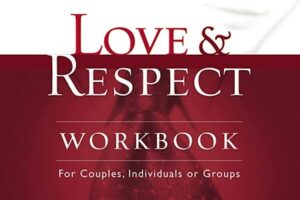Category: Information Resources
IROKOTV is an online web platform that provides Nigerian films on demand. It is one of Africa’s first mainstream online film and video IROKOTV release content every week, there …
Hide Your Phone Number on Android Device: How to make your MTN, GLO and Airtel number private when making a call on your Android device? How to call someone …
The most popular rice brands and prices in Nigeria includes, Mama’s pride, Big Bull Rice, Elephant pride brand of Nigerian rice, Aani Basmati Rice, Natural Brown Basmati Rice etc. …
In today’s fast-paced world, staying ahead of technological trends is essential. As we look forward to many years to come, it’s clear that the landscape of innovation is more …
Exportation Business in Nigeria: In recent years, Nigeria has stepped into the global market as a source of unique and valuable products, with increasing demand for its agricultural goods, …
Why Education is Better than Money: Education continues to be a potent and transforming tool that offers value far beyond monetary wealth in a world where financial benefits are …
Established by Bishop David Oyedepo in 2002 and affiliated with the Living Faith Church Worldwide network, Covenant University, situated in Ota, Ogun State, Nigeria, is a prominent private university …
If you are aspirant Polytechnics and wants to know the complete list of Polytechnics that offers Sociology as a course, you can read the updated and comprehensive list below. …
Love and Respect: The Love She Most Desires; The Respect He Desperately Needs was written by Dr. Emerson. The book was a national bestseller. In his book, Eggerichs argues …
Ranks of Nigerian Air Force Salary and Symbols: The Nigerian Air Force (NAF) is the arm of the Nigerian Armed Forces in charge of air military operations. The Nigerian …








